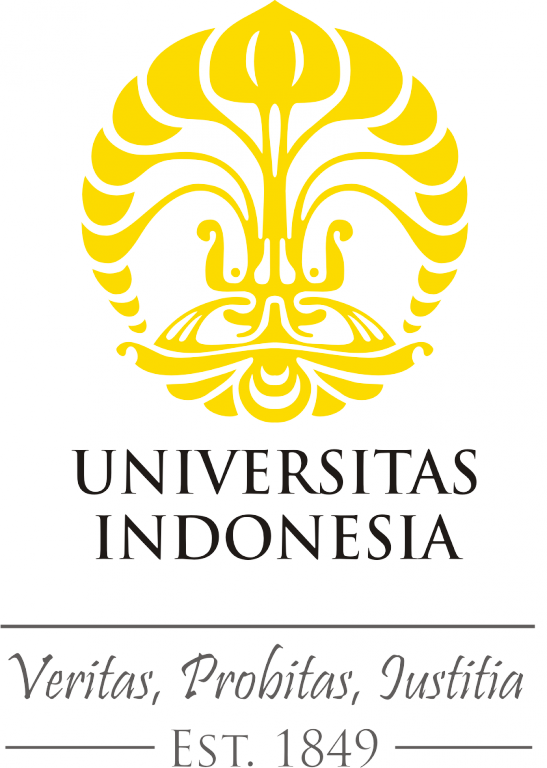
Library Automation and Digital Archive
LONTAR
Fakultas Ilmu KomputerUniversitas Indonesia


| Tipe Koleksi | Indeks Artikel Jurnal |
| Nama Jurnal | MIS QUARTERLY |
| Volume | [Volume 36, Issue 1 March 2012] |
| Judul Artikel | The impact of analyst-induced misinformation on the requirements elicitation process, page 85-106 |
| Penulis | |
| Penerbit Jurnal | Management Information Systems Research Center (MISRC) |
| Nomor Panggil | ID Koleksi | Status |
|---|---|---|
| TERSEDIA |